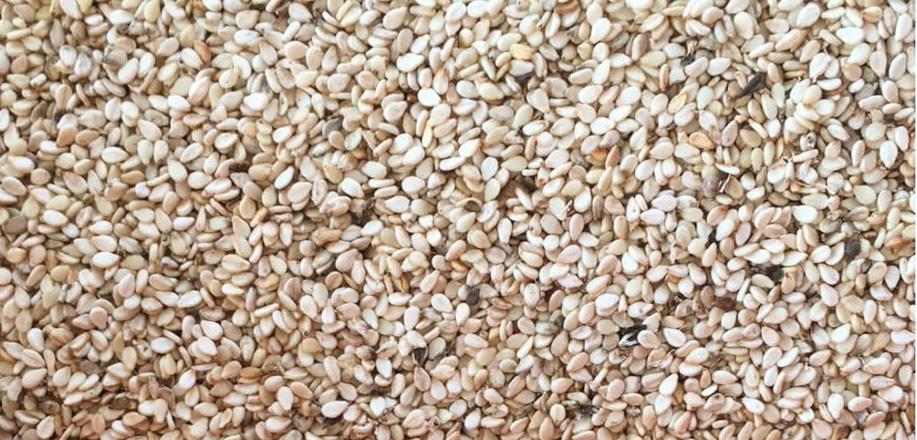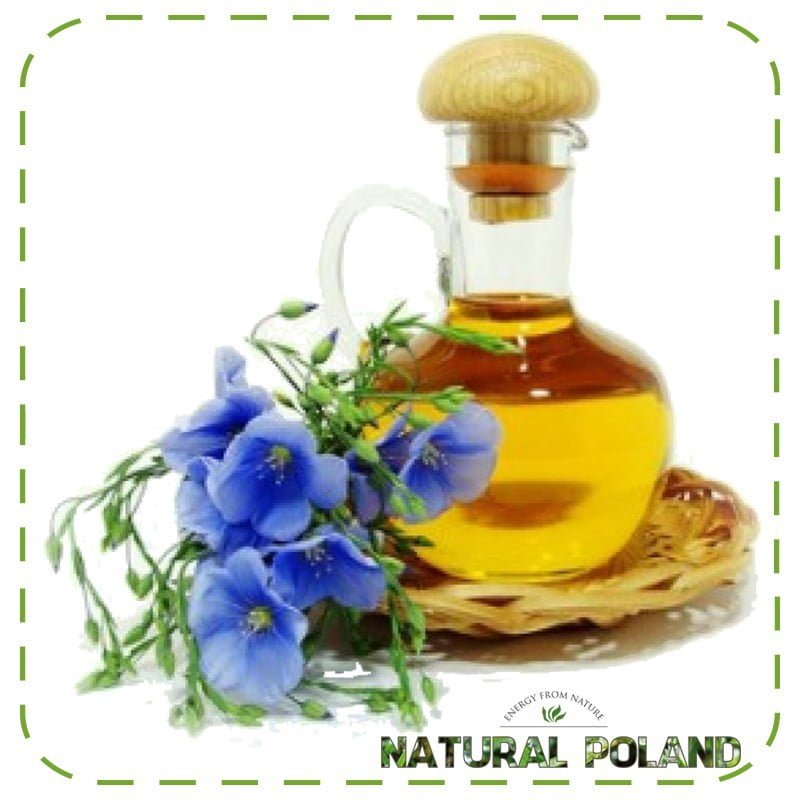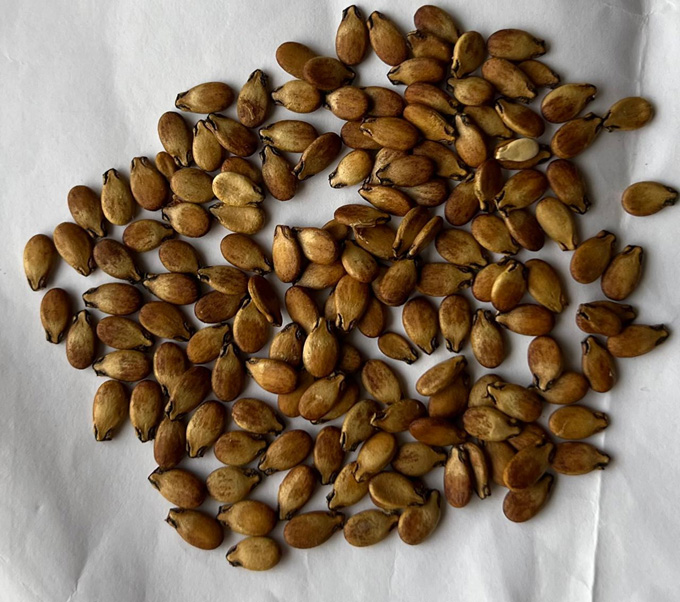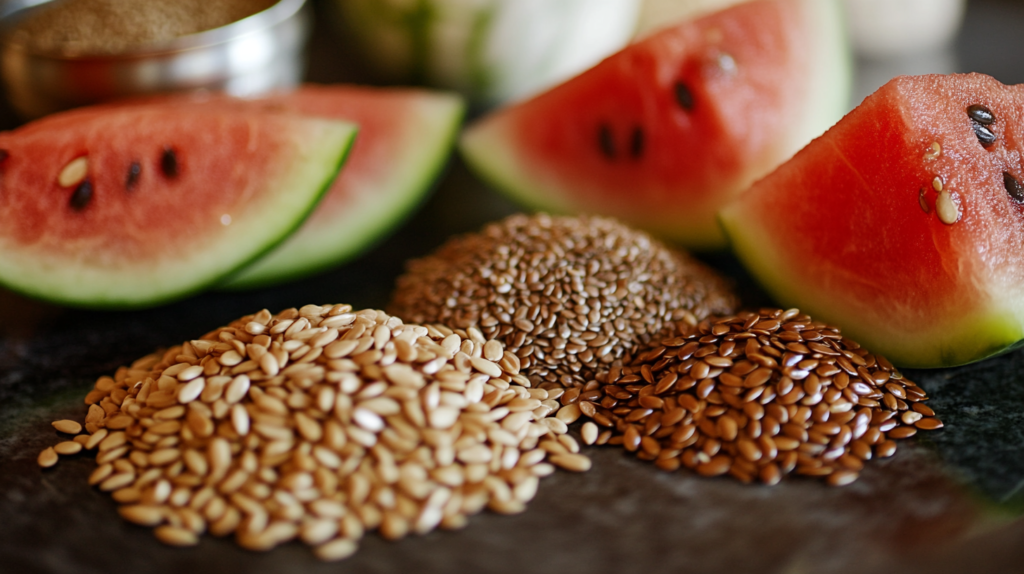Traditional use of nutrient-rich seeds spans across Africa in ways that provide medicine as well as dietary advantages throughout hundreds of years. Three notable seeds that show impressive nutritional benefits include sesame seeds alongside flax seeds and watermelon seeds. The nutrient value of essential fatty acids together with protein fiber and micronutrients in these seeds makes them essential for traditional and modern dietary routines. The consumption of sesame seeds, flax seeds, and watermelon seeds offers nutritional value alongside health advantages that benefit overall well-being as we will discover in this article.
Sesame Seeds: A Rich Source of Healthy Fats and Minerals
Sesame seeds (Sesamum indicum) which Swahili speakers refer to as mbegu za ufuta exist as an African crop in Sudan but also thrive throughout Ethiopia and Nigeria. Despite their small size, the seeds possess abundant crucial nutrients essential for well-being.

Nutritional Composition
- Healthy Fats: This seed contains mainly omega-6 fatty acids together with polyunsaturated and monounsaturated fats that support heart health.
- Protein: The protein in nuts aids the repair of muscles while contributing to their development.
- Minerals: An excellent source of calcium, magnesium, phosphorus, and zinc, vital for bone and immune health.
- Antioxidants: The plant contains two antioxidants named sesamin and sesamolin which act as both anti-inflammatory agents along with antioxidants.
Health Benefits
- Heart Health: When consumed both unsaturated fats and lignans lower LDL cholesterol while raising HDL cholesterol amounts thus minimizing cardiovascular disease risks.
- Bone Health: The combination of high calcium and magnesium in sesame seeds makes bones stronger and minimizes the risk of osteoporosis.
- Blood Sugar Control: The body becomes more responsive to insulin while maintaining healthy blood sugar control.
- Anti-inflammatory Properties: Antioxidants found in sesame seeds defend against oxidative stress along with inflammation while safeguarding against disease risks.
Flax Seeds: A Superfood Packed with Omega-3s and Fiber
Flax seeds (Linum usitatissimum), called mbegu za kitani in Swahili, are cultivated in various African regions and recognized for their exceptional nutritional profile. They are one of the richest plant-based sources of omega-3 fatty acids.

Flaxseed oil
Flaxseed oil with high nutritional value for the human body. The oil has food- and cosmetic-grade quality. This product is an excellent addition to a variety of dishes. It can also be used in the beauty industry.
Linoleic acid and vitamins A, B, E, and K in the oil help normalize metabolic processes, increase the elasticity of blood vessels, and regulate the digestive system.
Nutritional Composition
- Omega-3 Fatty Acids: A leading source of alpha-linolenic acid (ALA), essential for heart health.
- Fiber: Contains soluble and insoluble fiber, promoting gut health and digestion.
- Protein: A valuable plant-based protein source for vegetarians and vegans.
- Lignans: Phytoestrogens with antioxidant properties that contribute to hormonal balance.
Health Benefits
- Cardiovascular Health: Omega-3s help lower blood pressure and inflammation, reducing heart disease risk.
- Digestive Health: Fiber aids digestion, prevents constipation, and supports gut microbiome health.
- Hormonal Balance: Lignans may help regulate estrogen levels, benefiting women’s health.
- Weight Management: High fiber and protein promote satiety, reducing overall calorie intake.
Watermelon Seeds: A Nutrient-Dense Snack
Often discarded, watermelon seeds (Citrullus lanatus), known as mbegu za tikiti maji, are a powerhouse of essential nutrients. Traditionally consumed in African cultures, these seeds offer numerous health benefits.

Nutritional Composition
- Healthy Fats: Contain omega-6 and omega-9 fatty acids, supporting cardiovascular health.
- Protein: With a protein content of approximately 28-30%, they serve as an excellent plant-based protein source.
- Magnesium and Iron: Magnesium supports nerve and muscle function, while iron is essential for red blood cell production.
- B Vitamins: Includes niacin and folate, supporting energy metabolism and cognitive function.
Health Benefits
- Heart Health: Healthy fats and magnesium regulate blood pressure and improve cardiovascular function.
- Muscle and Nerve Function: High magnesium content supports muscle relaxation and nerve health.
- Energy Boost: Provides a mix of proteins, healthy fats, and B vitamins for natural energy.
- Skin and Hair Health: Protein and antioxidants promote healthy skin and hair growth.
Incorporating These Seeds into Your Diet
To maximize the benefits of sesame, flax, and watermelon seeds, they can be included in daily meals:
- Sesame Seeds (Mbegu za Ufuta): Sprinkle over salads, mix into yogurt, or use in tahini-based dishes.
- Flax Seeds (Mbegu za Kitani): Add to smoothies, oatmeal, or baked goods for a nutritional boost.
- Watermelon Seeds (Mbegu za Tikiti Maji): Roast for a crunchy snack, blend into smoothies, or incorporate into trail mixes.
Conclusion
Healthy fats together with protein fiber and essential minerals make up the nutritional value of sesame seeds and flax seeds as well as watermelon seeds. The nutritional seeds contribute to heart wellness together with bone maintenance healthy digestion and entire body well-being. People who include these seeds in their regular food plan obtain valuable nutrients which lead to enduring wellness benefits. African households benefit from these accessible products to achieve their nutritional potential toward future health improvements.
References
Bekhit, A. E. D. A., Shavandi, A., Jodjaja, T., Birch, J., Teh, S., Ahmed, I. A. M., … & Bekhit, A. A. (2018). Flaxseed: Composition, detoxification, utilization, and opportunities. Biocatalysis and agricultural biotechnology, 13, 129-152.
Biswas, R., Ghosal, S., Chattopadhyay, A., & Datta, S. (2017). A comprehensive review on watermelon seed oil–An underutilized product. IOSR J Pharm, 7(11), 01-07.
Dravie, E. E., Kortei, N. K., Essuman, E. K., Tettey, C. O., Boakye, A. A., & Hunkpe, G. (2020). Antioxidant, phytochemical, and physicochemical properties of sesame seed (Sesamum indicum L). Scientific African, 8, e00349.


